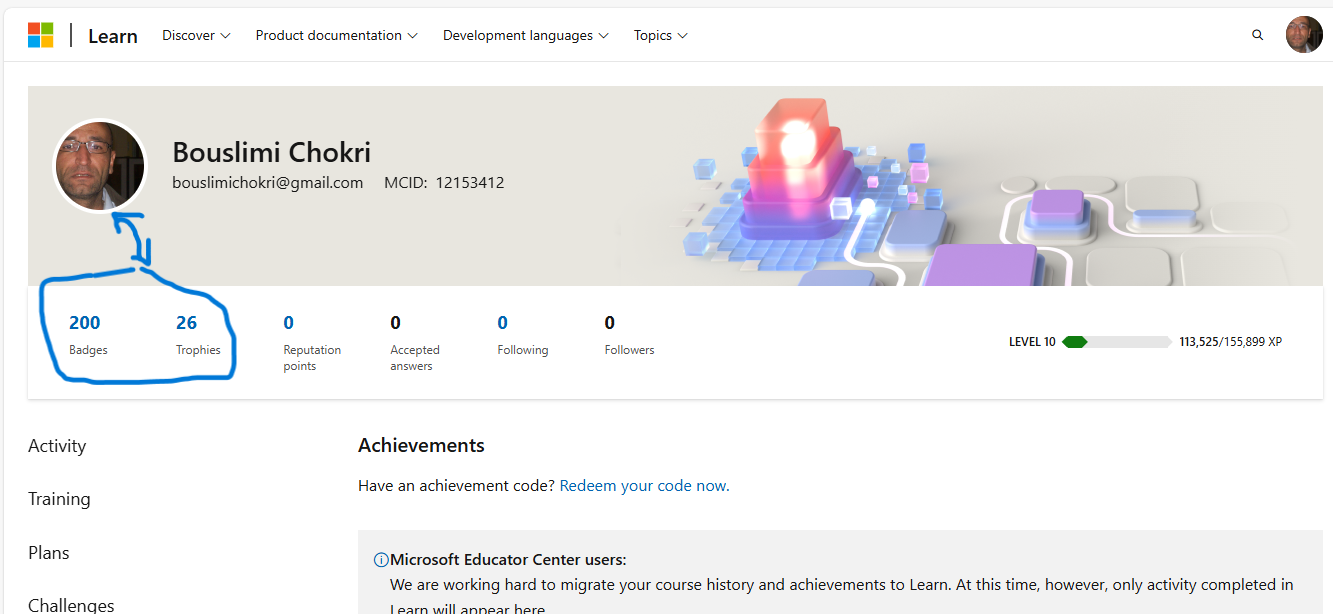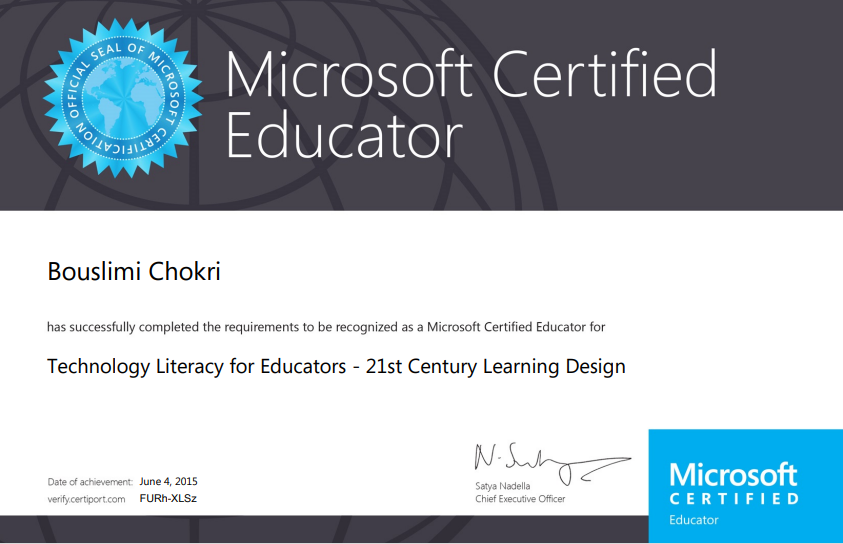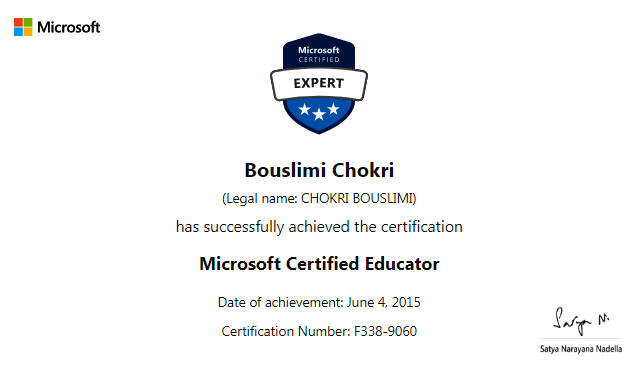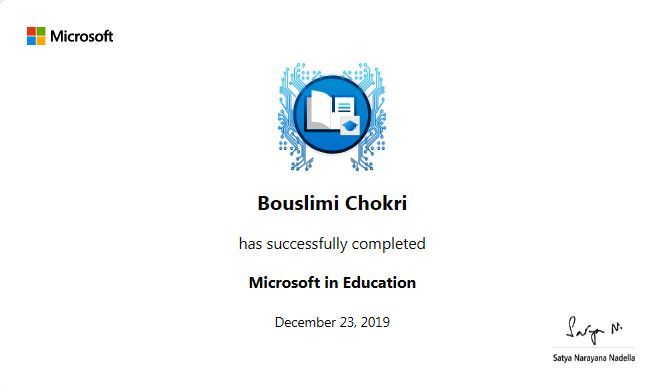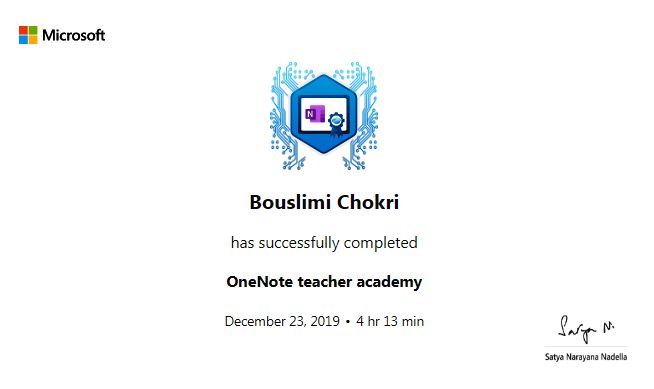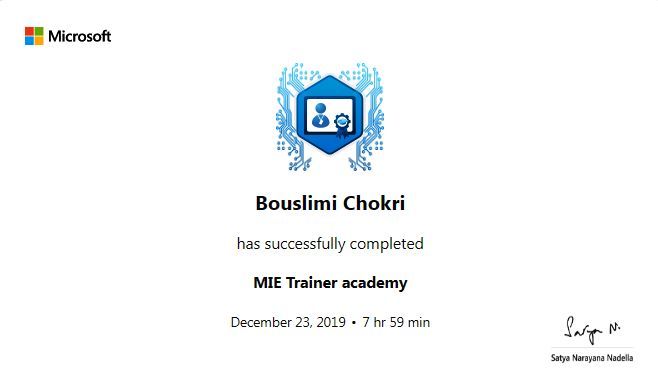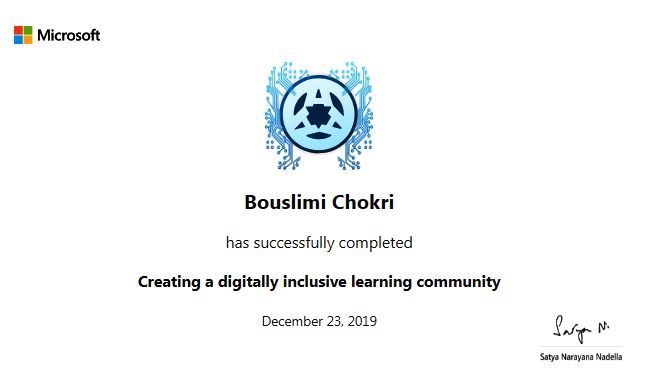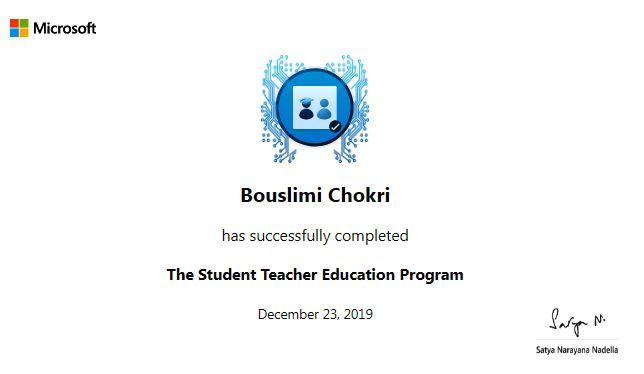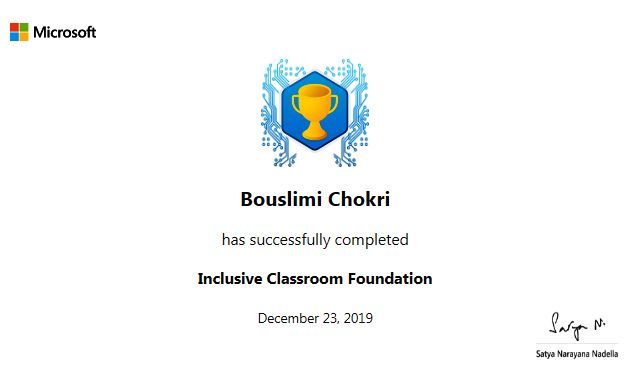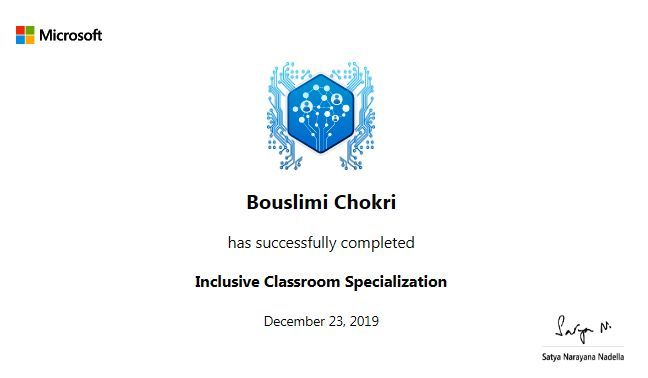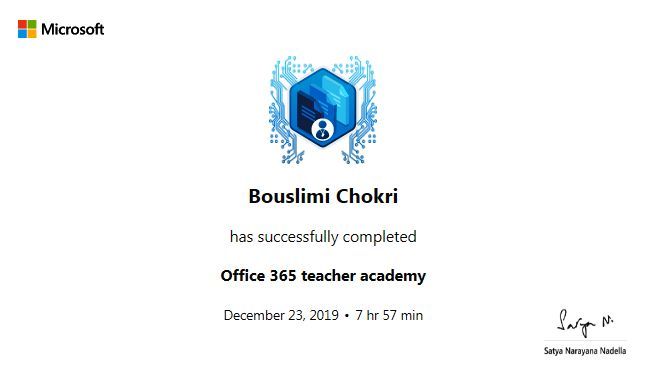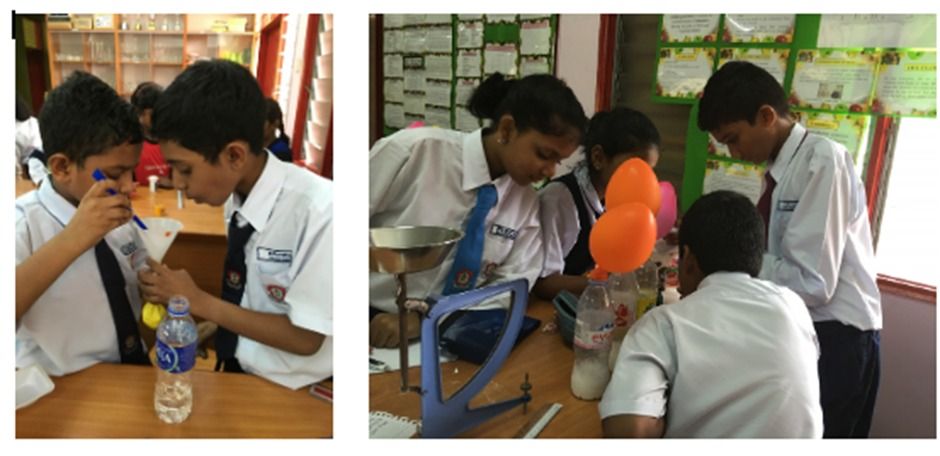@Bilim Absolutely! Incorporating neomillennial learning styles and fostering new digital civic and political participation are essential for bringing the study of global issues to life. As educators, developing global competence is vital in our evolving world. This competence involves equipping students with the knowledge, skills, attitudes, and values necessary to navigate and address complex global issues that impact everyone, now and in the future.
Intercultural experiences, whether face-to-face or virtual, are crucial for building this competence. These encounters allow students to engage with diverse perspectives and develop a deeper understanding of different cultural settings. By exploring these varied viewpoints, students learn to see the world in a more nuanced way, enhancing their ability to address and understand global challenges. This multidimensional approach not only broadens their horizons but also prepares them to be informed, empathetic global citizens.
